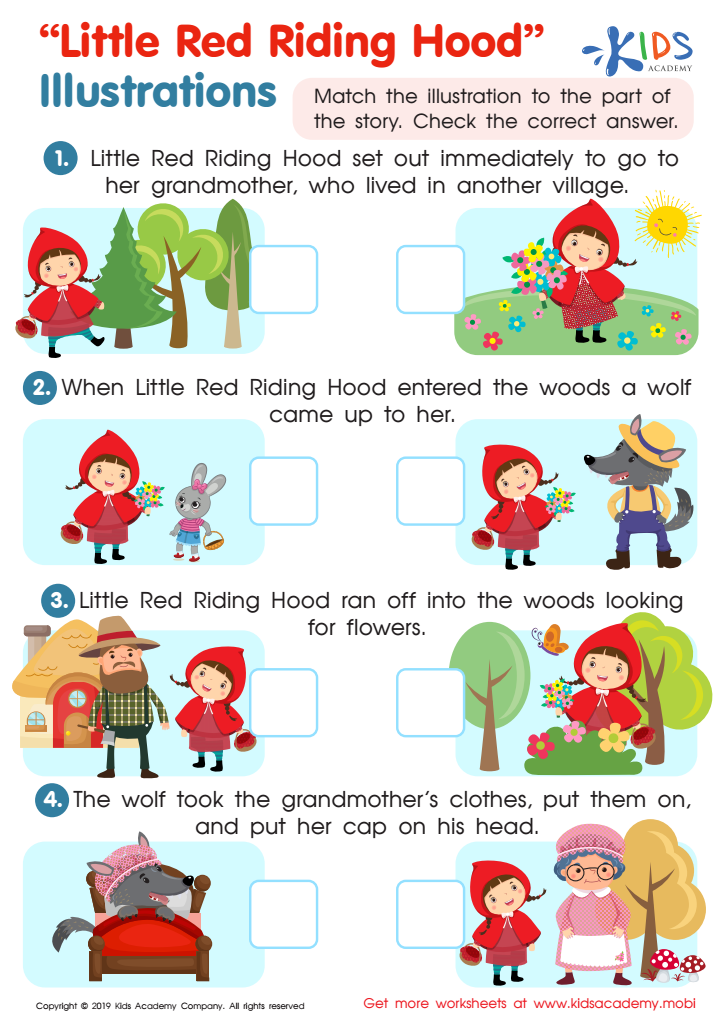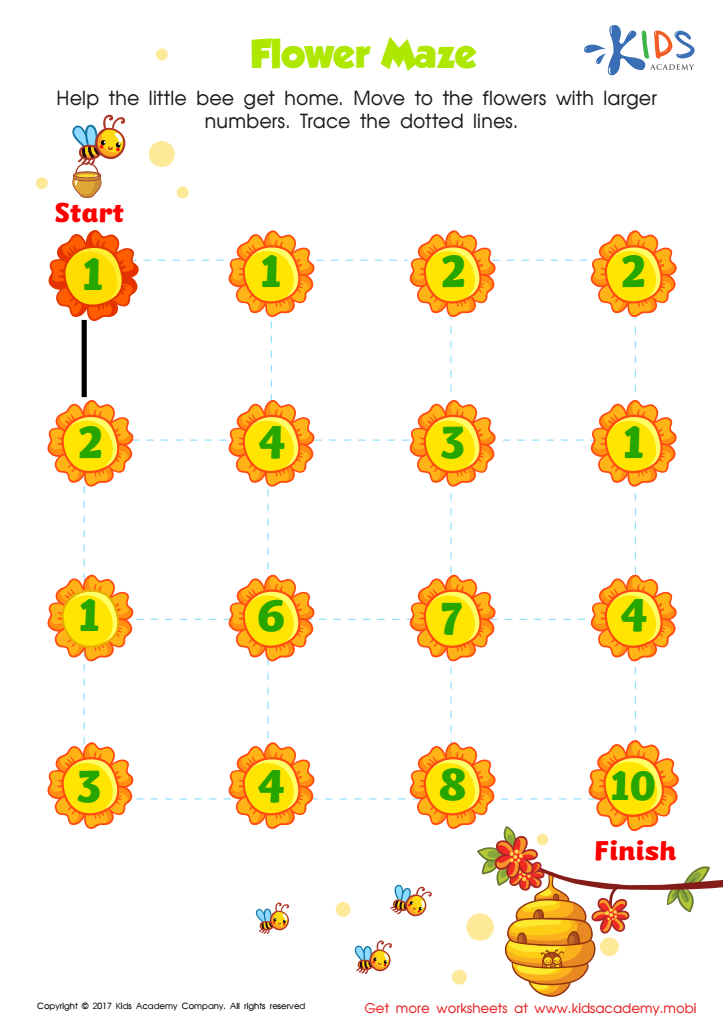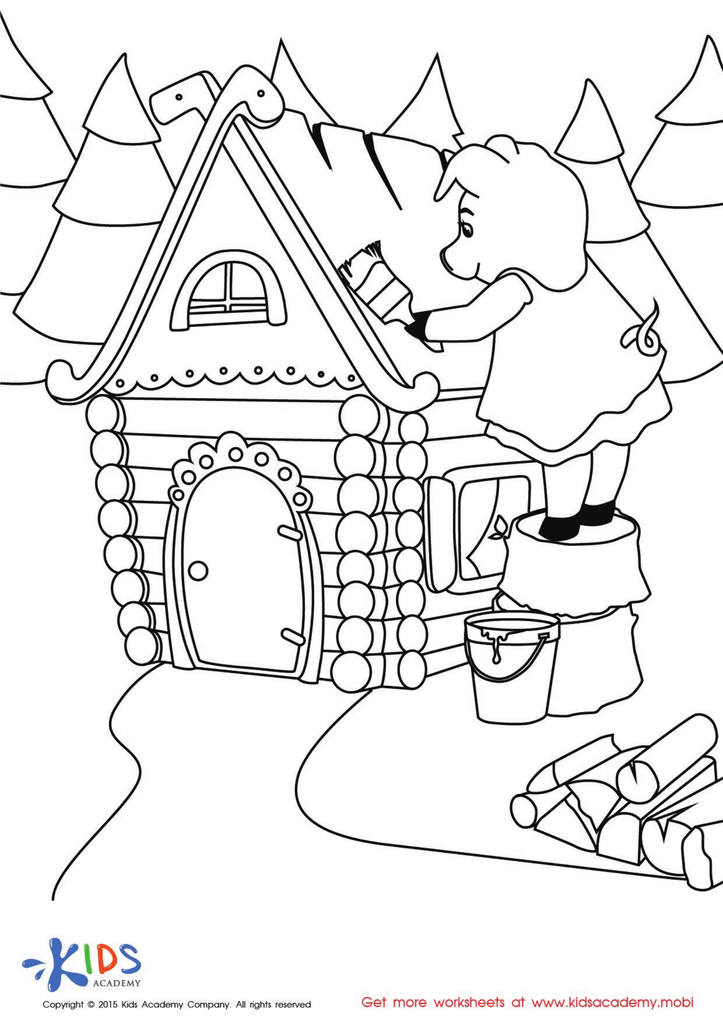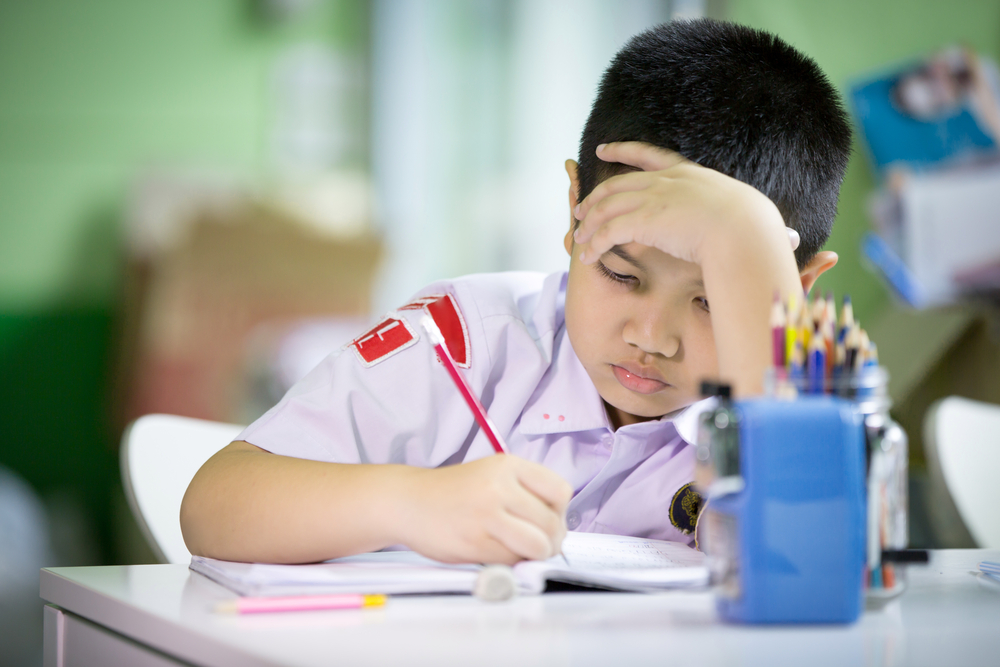Sequence Understanding Kindergarten Worksheets
5 filtered results
-
From - To
Unlock the world of order and logic with our Sequence Understanding Kindergarten Worksheets! Essential for young learners, these engaging activities help children grasp the concept of sequencing through fun, interactive exercises. From arranging pictures in the correct order to understanding simple narrative sequences, our worksheets foster critical thinking and enhance problem-solving skills. Designed by educational experts, each worksheet aligns with kindergarten learning objectives, ensuring your child builds a solid foundation for future academic success. Nurture their abilities in a stimulating and entertaining way with our user-friendly, printable resources, and watch your child’s comprehension and confidence in sequencing flourish!


Little Red Riding Hood: Illustrations Worksheet


Alien Worksheet


The Five Little Monkeys Nursery Rhyme Worksheet


Number Maze For Kindergarten Printable


The Three Little Pigs Worksheet
Understanding the concept of sequences in kindergarten is foundational for children's cognitive development and helps them make sense of the world around them. Parents and teachers should prioritize teaching sequences because it lays the groundwork for essential life skills and academic success. For example, recognizing and predicting patterns aids in developing logical thinking and problem-solving abilities. Sequence understanding also enhances numeracy skills, critical for math learning, especially in concepts such as counting, addition, subtraction, and eventually more complex operations.
Moreover, mastering sequences supports literacy development. Children begin to understand that stories have a beginning, middle, and end, and this comprehension is vital for reading and writing proficiency. Sequences also play a big part in daily routines, helping children grasp the order of daily tasks, instilling discipline, and fostering time management skills.
Additionally, this understanding contributes to social-emotional growth. Following routines provides a sense of security, predictability, and reduces anxiety in unfamiliar settings. Teaching sequences encourages cooperative learning and communication skills as children often engage in group activities that require taking turns and following steps in a specific order.
Therefore, emphasizing sequence understanding in kindergarten forms an essential building block for diverse aspects of learning and daily living, making it crucial for both educators and parents to engage in and support.

 Assign to My Students
Assign to My Students




















